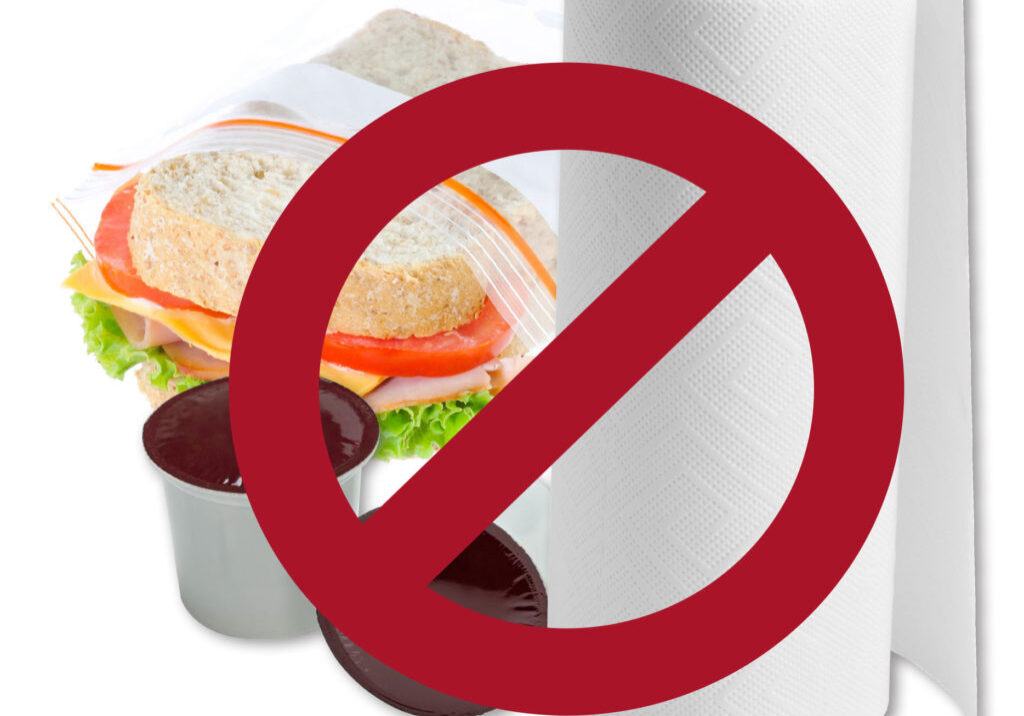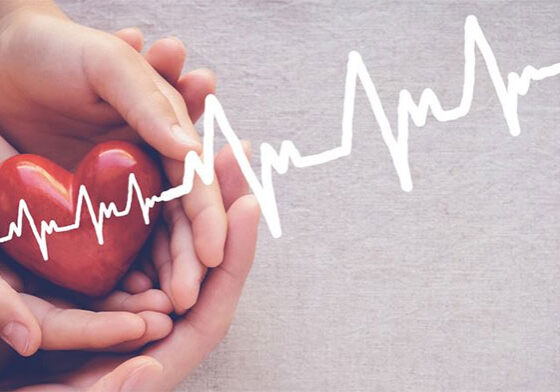Throughout your pregnancy, you eat the right foods, drink plenty of fluids, rest and try to keep stress to a minimum. You might think once your baby arrives that you can relax your self-care regimen, but caring for yourself should remain a top priority to ensure the health of both of you.
Water – the key to optimal postpartum health
Drink plenty of water. “The key to optimal health after delivery is fluid hydration with water,” says Dr. Gina Petelin, OB/GYN. “This is important for replenishing your body after significant fluid losses.”
“Drinking fresh, filtered water is especially important during and after pregnancy,” advises Dr. Neel Bulchandani, Integrative Airway & Feeding Chiropractor specializing in breastfeeding issues, prenatal, pregnancy and postpartum care in Redding. “Since our body composition is more than two-thirds water, and over three-quarters of breastmilk is made of water, the quality of the water can make a big difference in how hydrated and healthy you are.”
Plan ahead to nourish yourself
Before the baby arrives, assemble healthy meals ahead of time to stash in your freezer. In the midst of caring for a newborn, you’ll be less likely to eat poorly when you can quickly pop a nutritious, ready-made meal into the oven or crockpot. Stock up on protein-packed snacks to keep your energy up, especially if you plan to breastfeed. Choose simple, healthy snacks like cheese sticks, almonds, rotisserie chicken, yogurt and energy bars.
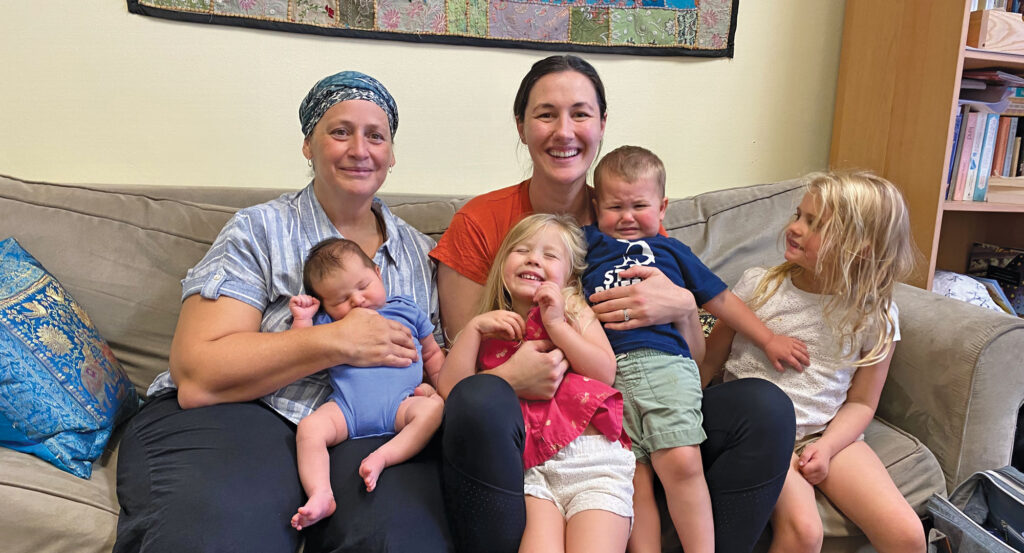
Dania Shelton holding Elan, with mother Maria Applequist, Roi, Lincoln and Haddon.
Care for yourself by resting
Sleep when the baby sleeps. “Those first days home from the hospital, rest, rest, rest and spend as much time skin-to-skin with your baby as you can,” says Teresa Marshall, a birth and postpartum doula. “This will truly make for a smoother transition for baby from womb to room and for mama, as well.”
Tricia Walania, a postpartum emotional support program coordinator, says that rest is one of the best ways you can care for yourself. “Being rested helps you cope more effectively with both physical and emotional changes,” she says.
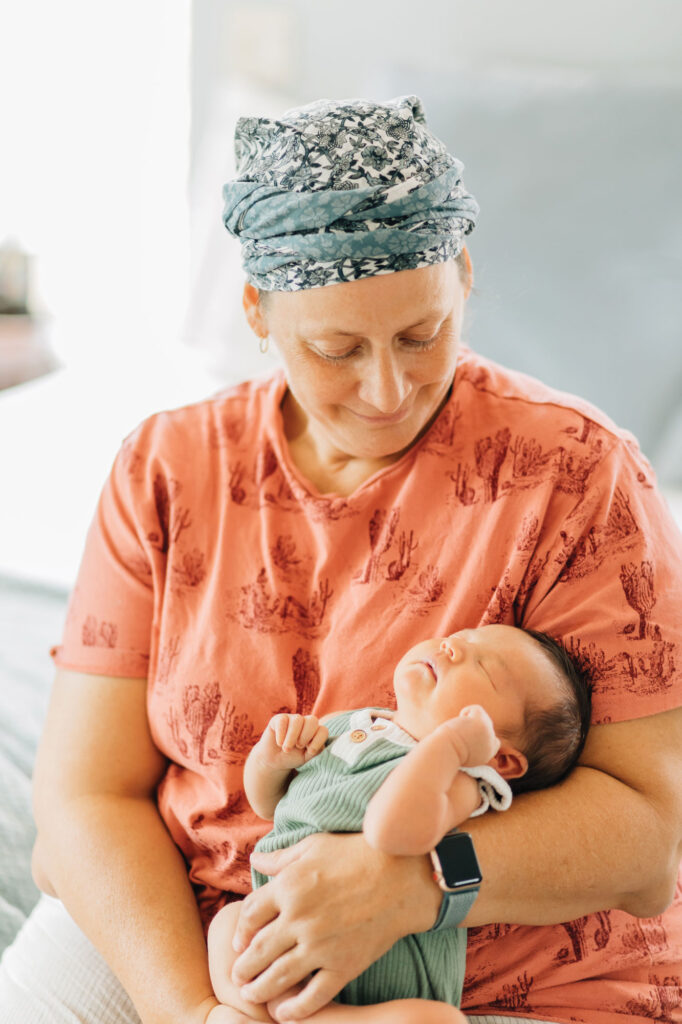
Haddon Applequist and midwife Dania Shelton, Mercy Oceans Midwifery
Integrate gentle exercise
Many moms are surprised that they still look pregnant after delivery. Don’t panic; that’s normal, Petelin says. By following a healthy diet and exercising according to your doctor’s instructions, you’ll get back to your pre-pregnancy body.
Many moms enjoy group exercise activities like “mommy and me” yoga and Fit4Mom where you’ll also experience companionship with other moms. Walking is also beneficial. Not only will you get exercise, a stroll around the block on a sunny day will do wonders for your emotional well-being and give you a boost of vitamin D.
Dr. Bulchandani recommends women “walk backwards, perhaps three times per week for 10 minutes each time.” This exercise promotes optimal mobility of your ankles, knees, and hips. “Just make sure you pick a place that has a clear path, so you’re not concerned about falling,” he cautions.
Take extra care if you’ve had a Cesarean delivery and only gradually increase your activity level according to your doctor’s instructions. Current recommendations include no driving the first two to three weeks postpartum and no heavy lifting (anything over 15 pounds) for the first six weeks.
“Baby blues”
Expect hormonal changes. Many new moms feel overwhelmed, tired, anxious, tearful or mildly depressed. “Exhaustion, hormonal changes and isolation after the birth of a baby may lead to what is referred to as ‘baby blues,’ Walania says. “To some degree this happens to everyone. It’s natural and not permanent.” Talk to your doctor if symptoms persist for more than two weeks.
Postpartum Help
Tap your village. “Don’t be afraid to ask for help or just a visit,” Marshall says. Often friends and family members are eager to assist by holding the baby or watching siblings to give you a chance to nap, shower, go for a walk or run an errand. “You have to take care of yourself in order to be able to take care of your baby,” Walania says.
While social media can help you feel connected to the outside world, nothing can quite replace a deeply satisfying conversation with a friend or a warm hug. If your network feels inadequate, join a mothers’ group or look for parent-child gatherings in your neighborhood through Meetup.com.
If you are feeling overwhelmed or struggling, a postpartum doula can help. Here in the North State, Dania Shelton, owner of Mercy Oceans Midwifery, provides postpartum support in Butte and surrounding counties. “All cultures around the world have postpartum practices to nourish women for the first six weeks postpartum,” says Dania. “Even though they differ, there is a common understanding that extra care needs to be given to women in the postpartum.”
The sooner you seek support, the faster you can start feeling like yourself again. “We don’t want anyone to miss out on the first months of their baby’s life because they don’t feel like themselves and aren’t able to enjoy it like they had hoped,” Walania says.
Do what brings you joy
Nurture your spirit. You may be a mom now, but you aren’t only a mom. Take time to do the things that have always brought you personal fulfillment and joy, whether that’s crafting, relaxing in a warm bath, browsing at a boutique or lunching with a friend. When you are happier and healthier, your baby will be too.
Bodywork
For optimal alignment, comfort, and relief for any pain, bodywork can be a vital part of preparing for childbirth and for healing in the postpartum phase.
Dr Bulchandani recommends finding a practitioner who is well-versed in caring for pregnant women, and to proactively seek care well ahead of the due date to establish rapport and engage in preventative practices. He suggests some keywords to look for include (but aren’t limited to): chiropractic, osteopathy, craniosacral therapy, craniosacral fascial therapy, massage therapy, physical therapy, pelvic floor therapy.
Posted in: Family Life & Support, Health & Nutrition
Comment Policy: All viewpoints are welcome, but comments should remain relevant. Personal attacks, profanity, and aggressive behavior are not allowed. No spam, advertising, or promoting of products/services. Please, only use your real name and limit the amount of links submitted in your comment.
You Might Also Like...
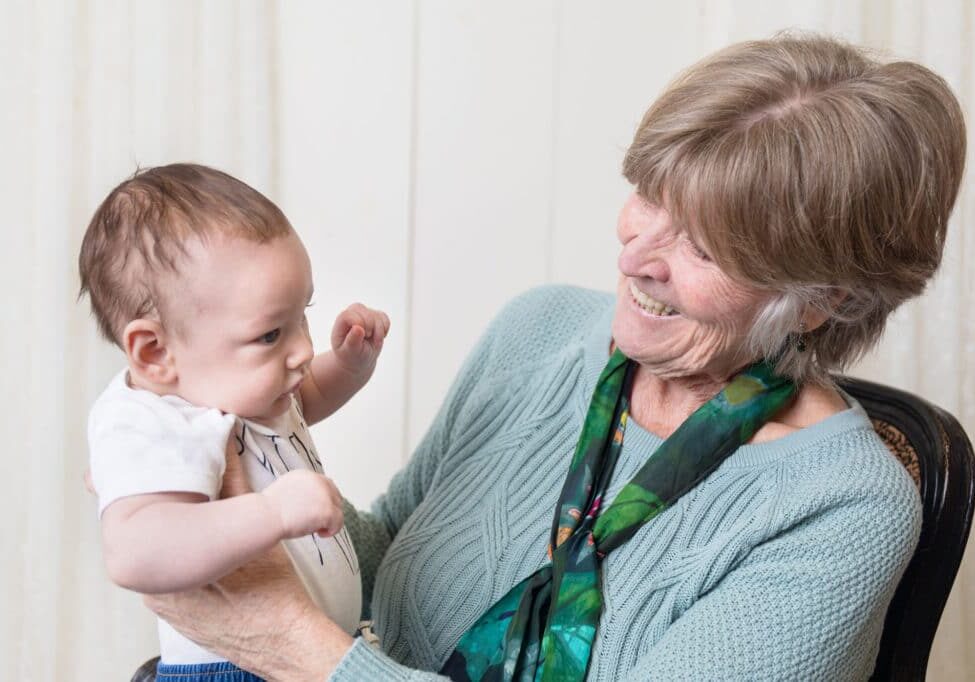
Helping Moms On The Breastfeeding Journey
Debbie Pierce became a lactation consultant before most people knew what a lactation consultant was. After struggling to breastfeed her first baby, Debbie discovered a local branch of La Leche […]

Postpartum Doulas
The Fourth Trimester – How a Postpartum Doula Can Help As a Siskiyou County licensed midwife, Sue Wolcott has helped many women bring their babies into the world, and she […]

The Joy of Decluttering
Spring and summer are the ideal times to go through the house with decluttering and sprucing up the space in mind. As warmer weather brings more people outside, consider hosting […]

Create a Healthy Family from the Top Down
Spring is upon us, and nothing reminds us more of fresh love than sunshine and warm air scented with blossoms. Love relationships move through many seasons. Similarly, to Mother Nature, […]


